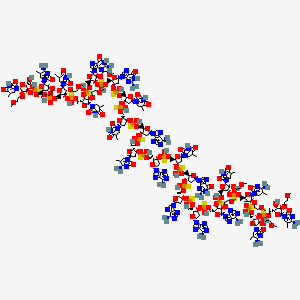US nod for Akcea/Ionis’ Tegsedi
Akcea and Ionis’ Tegsedi has won US approval for patients with hereditary transthyretin amyloidosis (hATTR), a rare disease causing build up of amyloid in the peripheral nervous system and multiple organs.
Tegsedi (inotersen) is designed to block production of the TTR protein, the progressive build-up of which causes sensory, motor and autonomic dysfunction in patients with the condition.
hATTR can result in death within three to fifteen years of symptom onset, and currently there are no disease-modifying drugs approved to treat the condition, which affects an estimated 50,000 patients worldwide.
In clinical trials (NEURO-TTR), Tegsedi produced substantial reductions in the levels of the protein regardless of mutation type or stage of disease, according to the firms.
“Tegsedi is the first and only RNA-targeting therapeutic that powerfully reduces the production of TTR protein through a once-weekly subcutaneous injection offering patients an effective treatment for people living with polyneuropathy caused by hATTR amyloidosis. We believe this profile will make TEGSEDI an excellent choice for many patients and that it’s self-administration gives the flexibility to treat at a time that works for them which could change the way this progressive and debilitating disease is treated and managed,” said Paula Soteropoulos, chief executive officer at Akcea.
“hATTR amyloidosis is a fatal disease that affects multiple organs and body systems and robs people of so much – the ability to work, the ability to carry out daily tasks – all the things that make them feel in control of their lives,” noted Morie Gertz, haematologist and Chair Emeritus of Internal Medicine at Mayo Clinic.
“Tegsedi has demonstrated a nearly 80% reduction in TTR, which is now a validated approach to treating this disease. The rapid and sustained improvements compared to placebo and reversal in measures of disease seen in a substantial proportion of patients coupled with the independence offered through self injection provide a sense of hope not only to patients, but to their caregivers and families as well.”
The therapy was approved in Europe in July.
8th October 2018
http://www.pharmatimes.com/



